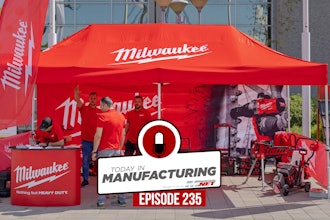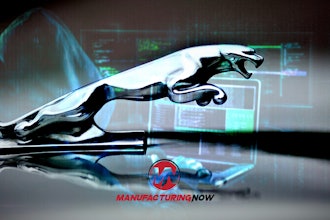Volkswagen’s latest vehicle technology takes safety to the next level and it’s got a somewhat unusual motivation – the kangaroo.
In Australia, kangaroos are involved in more than 80% of fatal collisions between vehicles and wildlife. The heft of these animals, who can often weigh 100 pounds or more, means these incidents can be devastating to the animals and the drivers, as well as leave major damage to their vehicles.
With this challenge in mind, VW developers – in partnership with researchers at the University of Melbourne – have been designing a system called the RooBadge. RooBadge is an aftermarket device that VW owners can swap in place of their existing front VW badge, but it offers a very special function: the badge emits specific sounds that are known to get the attention of kangaroos.
Most Read on IEN:
- Key Bridge Collapse Was 'Infrastructure System Failure'
- Century Old Meat Producer Goes Bankrupt After 'Temperature Abuse'
- NCAA Basketball Court Supplier Shorts 3-Point Line By 9 Inches
- Manufacturer to Turn Over Profits After Children Found Operating Machinery
- EV Startup Spends More Than It Makes on CEO's Jet
Researchers suggest these animals often sit up on high alert when confronted by noises like certain bird calls, distress signals or the sounds of predators. Speakers in the RooBadge use directional technology to project the sounds well ahead of the vehicles, using the alert system as a way to keep the kangaroos from approaching.
Perhaps the biggest boon for the RooBadge is its ability to incorporate specific noise emissions for certain species – emitting tailored sounds in an area known for specific populations, and automatically activating in kangaroo-heavy geographies.
Developers also plan to expand the use of this tech in other regions in order to deter collisions between vehicles and other wildlife.
Imagine the same technology applied to deer in North America: Purdue University estimates there are a million and half collisions between vehicles and deer each year, the results of which lead to an annual 150 human deaths and $1 billion in vehicle damage.
For similar content, subscribe to our daily newsletters.






















